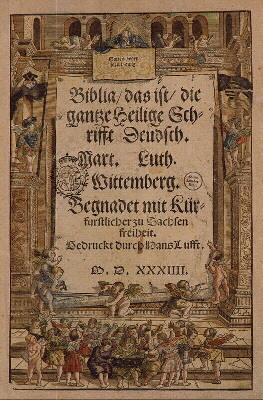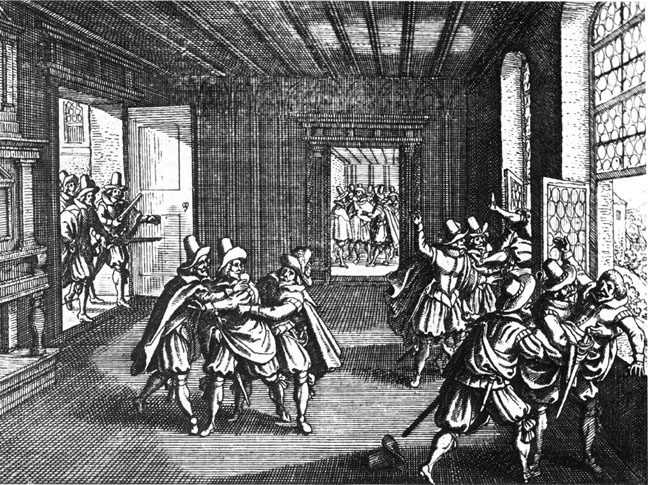 |
| Brandenburg Gate |
During my high school experience, I had the chance to take an advanced placement course discussing European history. This was my first exposure to the rich history that Germany had to offer and one of the reasons why I chose to study in Berlin this December. After attending the information sessions regarding this trip, I was excited to find out about the duration of the experience and enticed by the potential of a language barrier, something that I have never experienced before and view as an opportunity to eliminate any unknown cultural biases that I might possess. By spending more time abroad and by enduring the academic and cultural challenges presented by Professor Wolf, I feel that this trip will have a profound impact on my worldview, especially considering that this will be my first extended trip outside of the United States. In the past few months, I have heard such positive remarks from my friends who have studied abroad, including optimistic reflections on the struggles that they have had, and am looking forward to engaging in an experience similar to theirs, though on a smaller scale. I believe this will facilitate an opportunity for me to learn more about how another group of people lives currently but also how they lived, exploring the wealth of history, culture, and knowledge that Germany possesses.
 |
| Berlin Cathedral |
As an individual intending on pursuing graduate study and even graduate work abroad, this trip will provide me with a lens in which to speculate what a longer period abroad could be. I am looking forward to living in a new place for a short period of time, learning the culture of that place, and engaging in an academic endeavor, simulating my potential participation in a future program of a more profound length. Additionally, I am able to partake in various scholastic activities in a different cultural environment, as well as within a distinctive learning community. This D-term experience will allow me to closely interact with the leaders of the course as well as the other students on the trip. I firmly believe that there is much you can learn from others; therefore, participating in a small learning community in a foreign country aligns with my goals of academic success and the pursuit of various learning experiences, especially those in a new culture.









